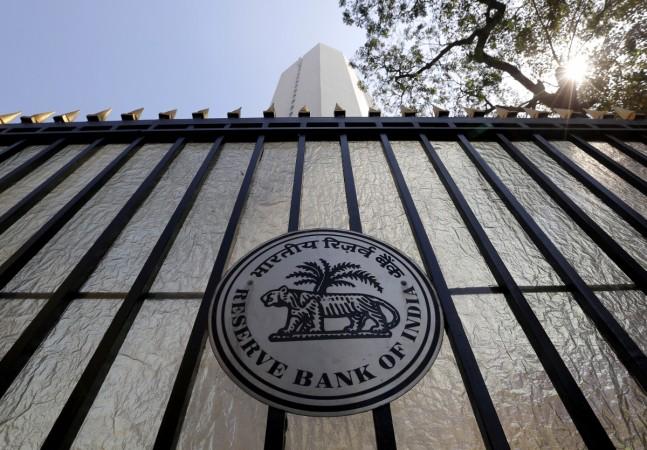
All peer-to-peer (P2P) lending platforms would be treated as non-banking financial companies (NBFCs), the Reserve Bank of India (RBI) on notified on Wednesday.
The gazette notification further stated P2P platforms will be brought under the ambit of the banking regulator, reported Mint.
"The Reserve Bank of India, on being satisfied that it is necessary to do so, in exercise of the powers conferred on it by... the Reserve Bank of India Act 1934, (2 of 1934) with prior approval from the government, hereby specifies, a non-banking institution that carries on the business of a peer to peer lending platform to be a non-banking financial company," the notification stated.
The notification is a precursor to the guidelines the apex bank is likely to lay down soon for the regulation of P2P lending in India.
As per RBI, P2P lending is a form of crowdfunding used to raise loans which are paid back with interest. It can be defined as the use of an online platform that matches lenders with borrowers in order to provide unsecured loans. The borrower can either be an individual or a legal person requiring a loan, moneycontrol reported.
"First, we need the government to notify p-2-p platforms as an entity to be regulated by RBI. That requires a gazette notification. Once that happens, we come out with regulation," Press Trust of India quoted Sudarshan Sen, executive director at RBI as saying.
Earlier in April 2016, RBI floated a consultation paper to get views from analysts, investors, customers, businesses on P2P lending frims.
"Peer-to-Peer (P2P) lending is one such business model that has gathered momentum globally and is taking roots in India. Although nascent in India and not significant in value yet, the potential benefits that P2P lending promises to various stakeholders (to the borrowers, lenders, agencies etc.) and its associated risks to the financial system are too important to be ignored. The Reserve Bank (the Bank) has therefore found it necessary to put out this discussion paper to elicit public opinion and views of the various stakeholders," RBI stated in the consultation paper.
















